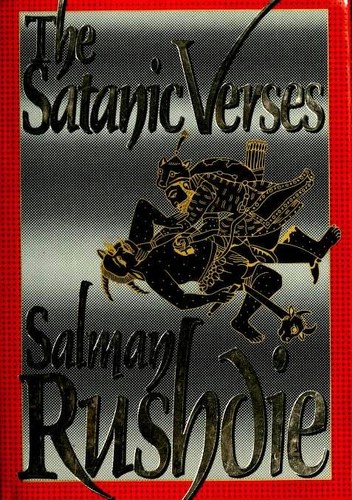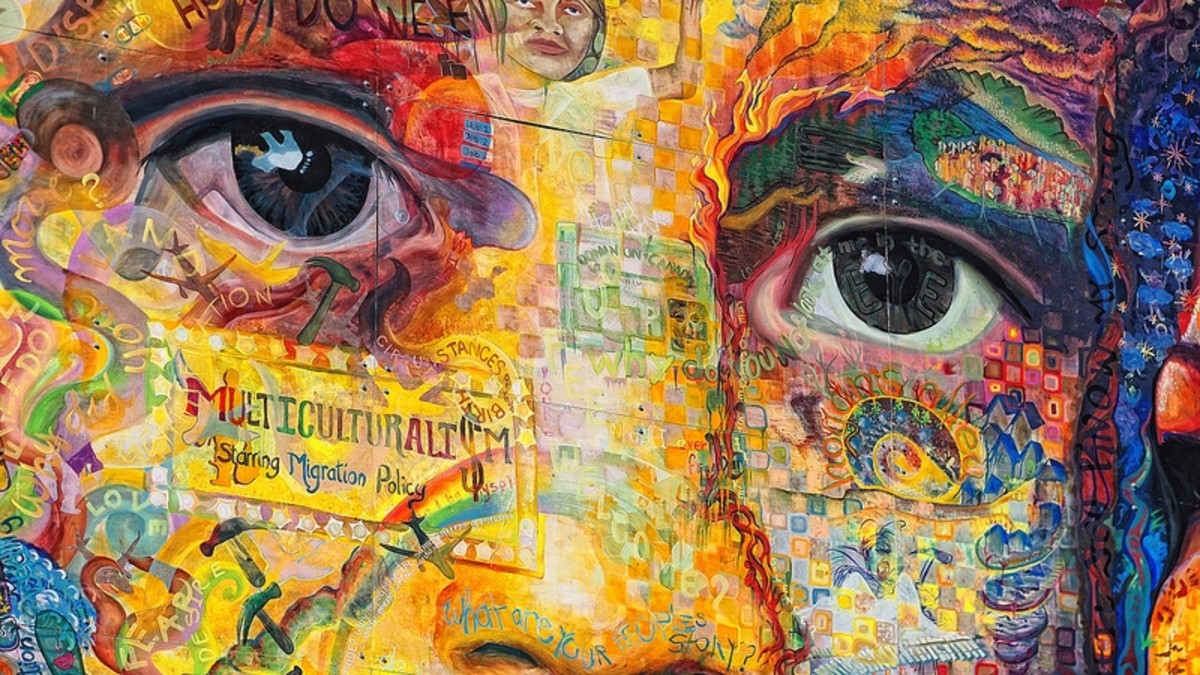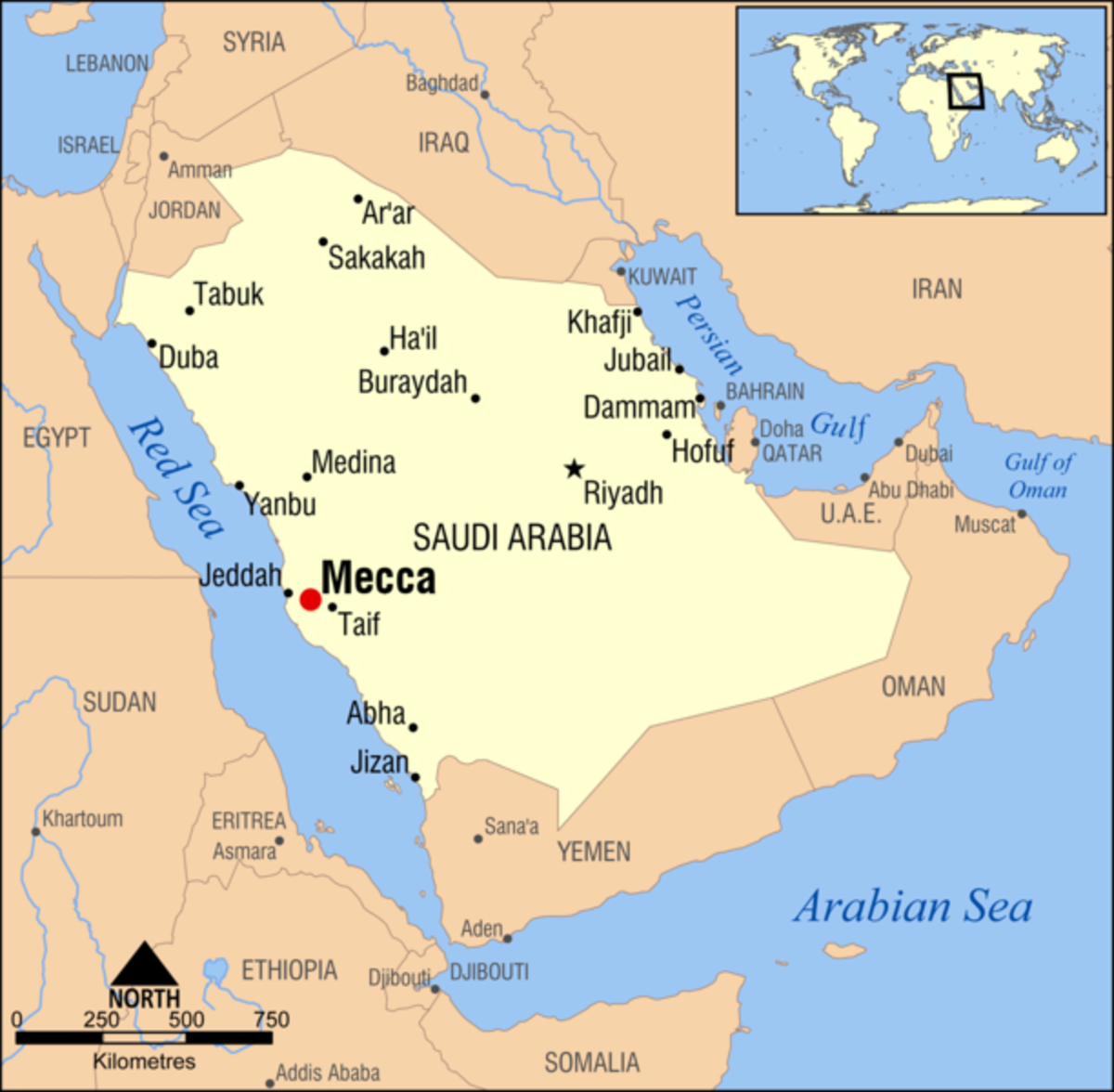Salman Rushdie and His Book 'the Satanic Verses', Grapes of Wrath

A Great Book with lots of Subtle Hints
In the West and most of the democracies, freedom of expression is considered sacrosanct, and any infringement of this right cannot be thought of, let alone practiced. After Hitler’s Germany, freedom of speech and the pen is written into the Western systems. Thus, many Westerners could not understand the reason for a Fatwa being issued for the head of Salman Rushdie and a bounty being placed on his head. What is it that irked Muslims about the book by Rushdie?
Rushdie was born a Muslim in India (Bombay), though now it’s not clear whether he still believes in Islamic doctrine. The Satanic Verses were published in 1988 and immediately the Muslim world was up in arms against Rushdie, though the thousands who agitated against him and rioted had never read the book. They went by the title which they assumed referred to the Koran, while Rushdie referred only to the verses deleted on the orders of Muhammad himself. They no longer form part of the Koran.
The Exorcised Verses
The Satanic Verses does not refer to the Koran itself, but to a little-known set of verses which formed part of the Koran earlier and which were put in the Koran by Muhammad himself and later removed. Known as the Satanic Verses these verses are pagan verses and not compatible with principles of Islam. The biographies of Muhammad by al-Waqidi, Ibn Sad al-Tabari, and Ibn Ishaq all refer to these verses. The first man to use the term 'Satanic Verses' was Sir William Muir.
When Rushdie wrote his book he was referring to these verses and not to the Koran. One only wonders why Rushdie and his publishers did not publicize this point. To the common Muslim who had not read the book, the assumption was that Rushdie was referring to the entire Koran which was not the case. This fuelled Muslim anger.
The verses referred to 3 deities, namely al-Lat, al-Uzza, and Manat. Then, originally, the verses (known today as the Satanic Verses) followed:
These are the exalted cranes (intermediaries)
Whose intercession is to be hoped for?
These verses were included by Mohammad and then removed by him later.
But a reading of the book will show that perhaps Rushdie wanted to deliberately make a point. Rushdie never clarified what point he wanted to make and why he picked up characters from Muhammad’s life and baptized them in his novel in a different scenario.
His reference to Muhammad as Mahound, a derogatory term used by the Crusaders during the holy wars, was one of them. Western critics earlier missed this point and only later realized that Rushdie referred to Muhammad.
Rushdie also antagonized Muslims by referring to the wives of Muhammad. The prophet had 13 wives and Muslims consider them as the mothers of Islam. Rushdie by design or otherwise in a scenario depicted a brothel where all the prostitutes assume the names of Muhammad’s wives, antagonized Muslims further.

Last Word
Rushdie is a writer out of the ordinary milieu and is certainly an imaginative and creative writer. This book has made him a millionaire and in the years to come may well earn more plaudits. Rushdie is already knighted and some more rewards may come his way. But the question that Rushdie never answered is: was it necessary to use names Muslims consider sacred in their history as part of his characterizations in his book? Secondly, why did he or his publishers never clear that the Satanic Verses did not refer to the Koran, but the verses exorcised from the Koran?
On August 12, 2022, Rushdie was stabbed multiple times by 24-year-old Hadi Matar as he was about to give a public lecture in New York.Matar was arrested and charged with assault and attempted murder. He was sentenced to 25 years in Jail. Rushdie was gravely wounded and hospitalized. \Rushdie has recovered, though he lost his right eye. This is a sad event.
© 2013 MG Singh







